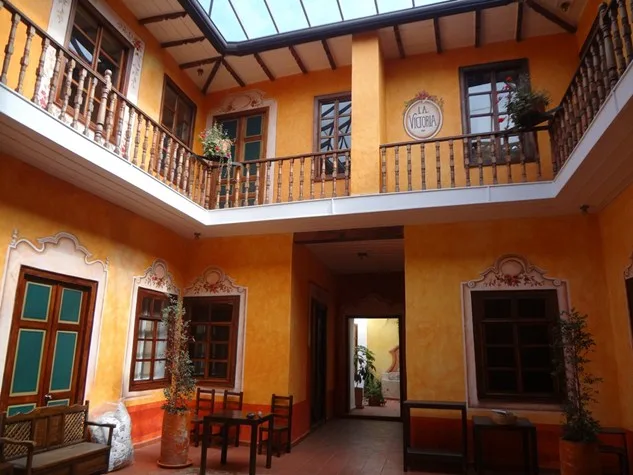Ukraine is the lastest proof that ‘Cold War II’ has been underway for years
By Aarthi Swaminathan and Michael B. Kelley
The world is currently embroiled in “Cold War II” — and has been for a while — and the path ahead is lined with the geopolitics of nuclear weapons, says one historian.

Ukrainian President Volodymyr Zelensky speaking from the city of Borodyanka in a video release in May.
“And we’ve now forgotten so much of that history that we don’t realize that Cold War II began some time ago,” Hoover Institution Senior Fellow Niall Ferguson recently told Yahoo Finance’s Andy Serwer at the Milken Institute Global Conference.
“Cold War II is different, though, because in Cold War II, China’s the senior partner, and Russia’s the junior partner,” Ferguson explained. “And in Cold War II, the first hot war breaks out in Europe, rather than Asia. This is a bit like the Korean War was, in 1950, where suddenly discovering that cold wars sometimes run hot, but this time, Ukraine is the battlefield.”
During the first Cold War between communist U.S.S.R and the capitalist U.S., the conflict became “hot” during the Korean War in 1950. The Korean War was a significant point as the two countries fought a proxy war in the peninsula at the 38th parallel. The Soviet Union and China supported the communist North Korea, and the U.S. supported South Korea. The peninsula remains divided today.

Russian President Vladimir Putin shakes hands with Chinese President Xi Jinping during their meeting on the sideline of the 11th edition of the BRICS Summit, in Brasilia, Brazil in 2019.
In terms of the ongoing war in Ukraine, “it’s very important that we understand that this is part of a cold war because nuclear weapons are involved,” Ferguson added. “This is not the kind of war we saw after 9/11, against regimes, Saddam Husseins, or the Taliban, which were actually very poorly armed. We’re dealing here with Russia, and the fact that Russia has nuclear weapons radically alters the dynamics and creates much greater risks than the wars that we saw after the first Cold War.”
Ferguson highlighted two key geopolitical aspects of the war in Ukraine: The West’s failed promise of Ukraine joining NATO and Ukraine giving up its nuclear weapons after the first Cold War.
Countries who joined NATO at the end of the first Cold War — such as former Soviet republics and Warsaw Pact countries — “are all thanking God that they were let into NATO, because that’s the thing that makes them feel safe,” Ferguson said. “Ukraine’s problem is not that we made it a NATO member. Its problem is that we didn’t. We promised, in 2008, that Georgia and Ukraine could be in consideration for NATO membership, and that was an insincere promise. There was never any serious effort to make that happen.”
Ferguson stressed that the “the worst possible thing that we can do is to talk about NATO membership without delivering it. That was what made Ukraine so vulnerable.”
Furthermore, since Ukraine gave up its nuclear weapons in 1994 as part of the Budapest Memorandum, the geopolitical situation becomes even more sensitive — and also a lesson for other countries.
“One of the most interesting consequences of this war is that all around the world people are going to realize: ‘We need nuclear weapons,'” Ferguson said. “‘Look what the Ukrainians did. They gave them up, and now they are in a terrible state.’ So the end of the era of nonproliferation is upon us. Whatever happens in Ukraine, we will see rapid proliferation of nuclear weapons all around the world, and that is going to make the world a much more dangerous place than at any time since the end of the last Cold War.”
__________________
Credit: Yahoo Finance





















